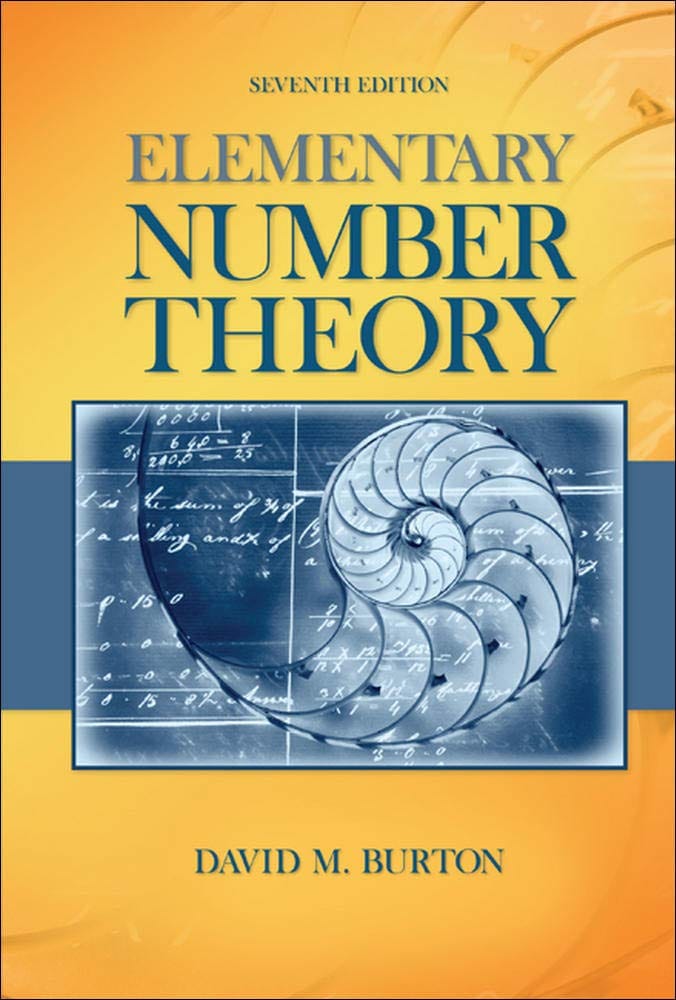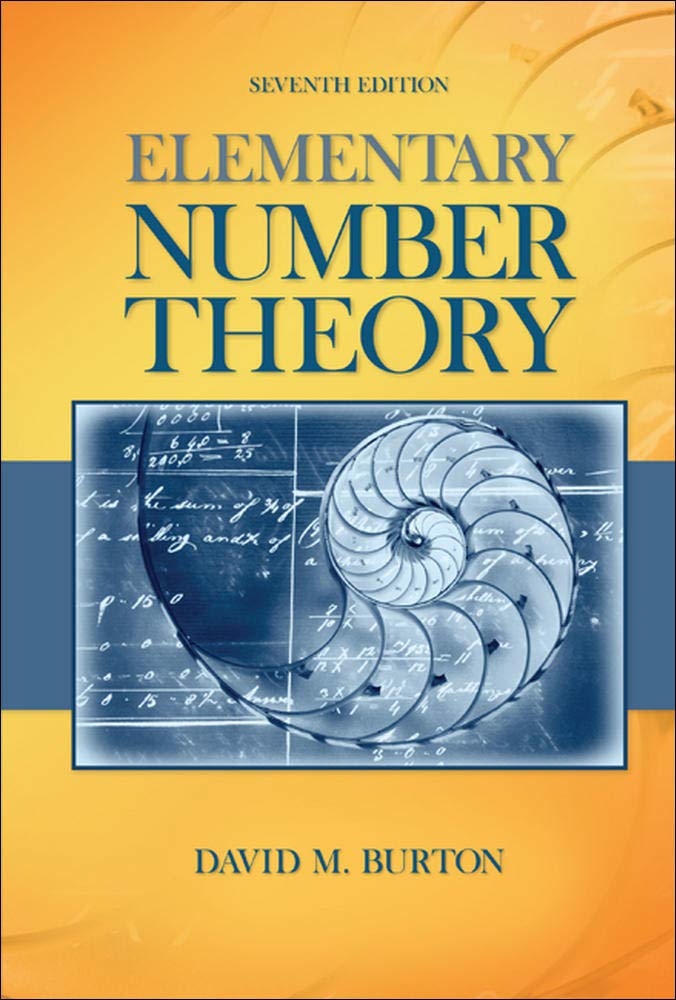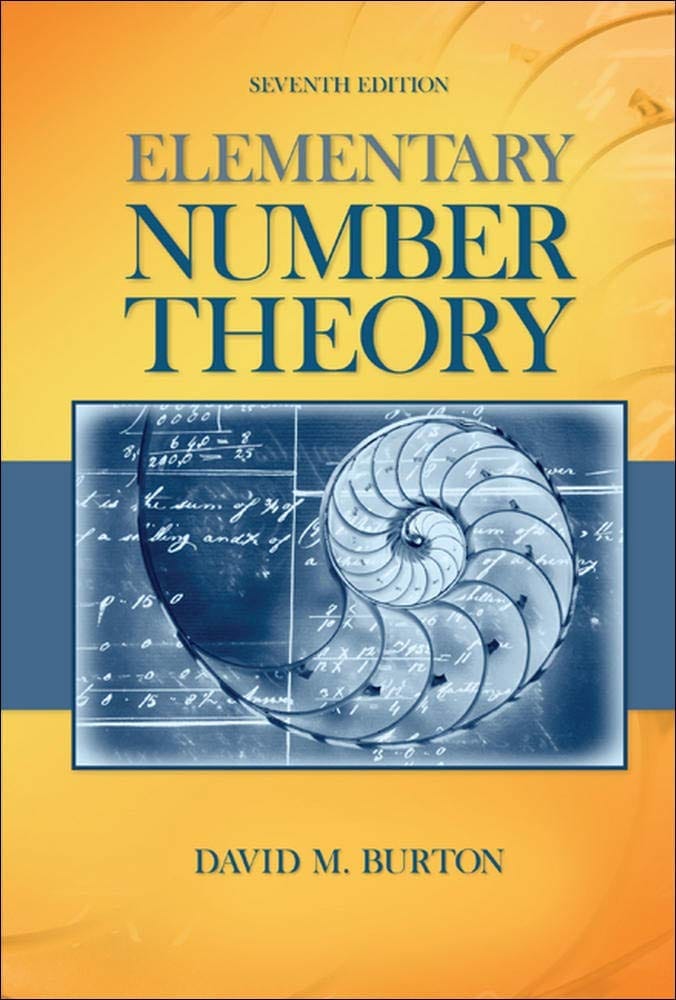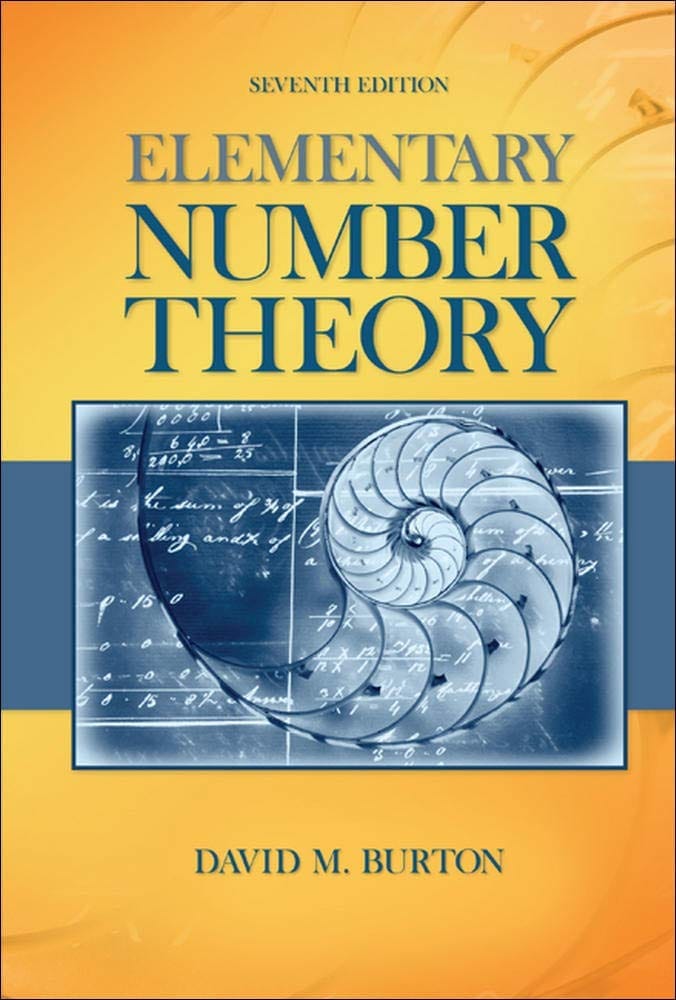
Elementary Number Theory Problems 4.2 Solution (David M. Burton's 7th Edition) - Q10
My Solution for "If $a_{1}, a_{2}, ..., a_{n}$ is a complete set of residues modulo $n$ and $gcd(a, n) = 1$, prove that $aa_{1}, aa_{2}, ... , aa_{n}$ is also a complete set of residues modulo $n$. [Hint: It suffices to show that the numbers in question are incongruent modulo $n$.]"
Background
All theorems, corollaries, and definitions listed in the book's order:

I will only use theorems or facts that are proved before this question. So you will not see that I quote theorems or facts from the later chapters.
Question
If $a_{1}, a_{2}, ..., a_{n}$ is a complete set of residues modulo $n$ and $gcd(a, n) = 1$, prove that $aa_{1}, aa_{2}, ... , aa_{n}$ is also a complete set of residues modulo $n$.
[Hint: It suffices to show that the numbers in question are incongruent modulo $n$.]
Solution
We can prove this by contradiction by using the Observation From A Complete Set of Residues.
The rest is for Premium Members only
SubscribeAlready have an account? Log in

